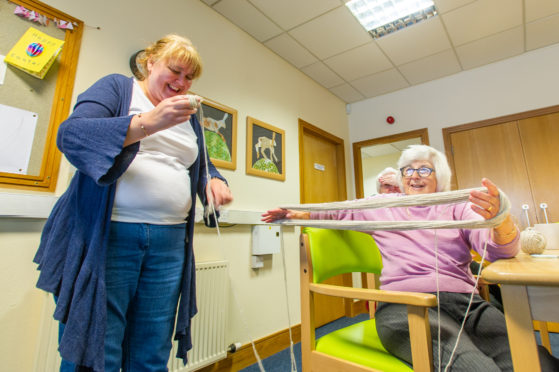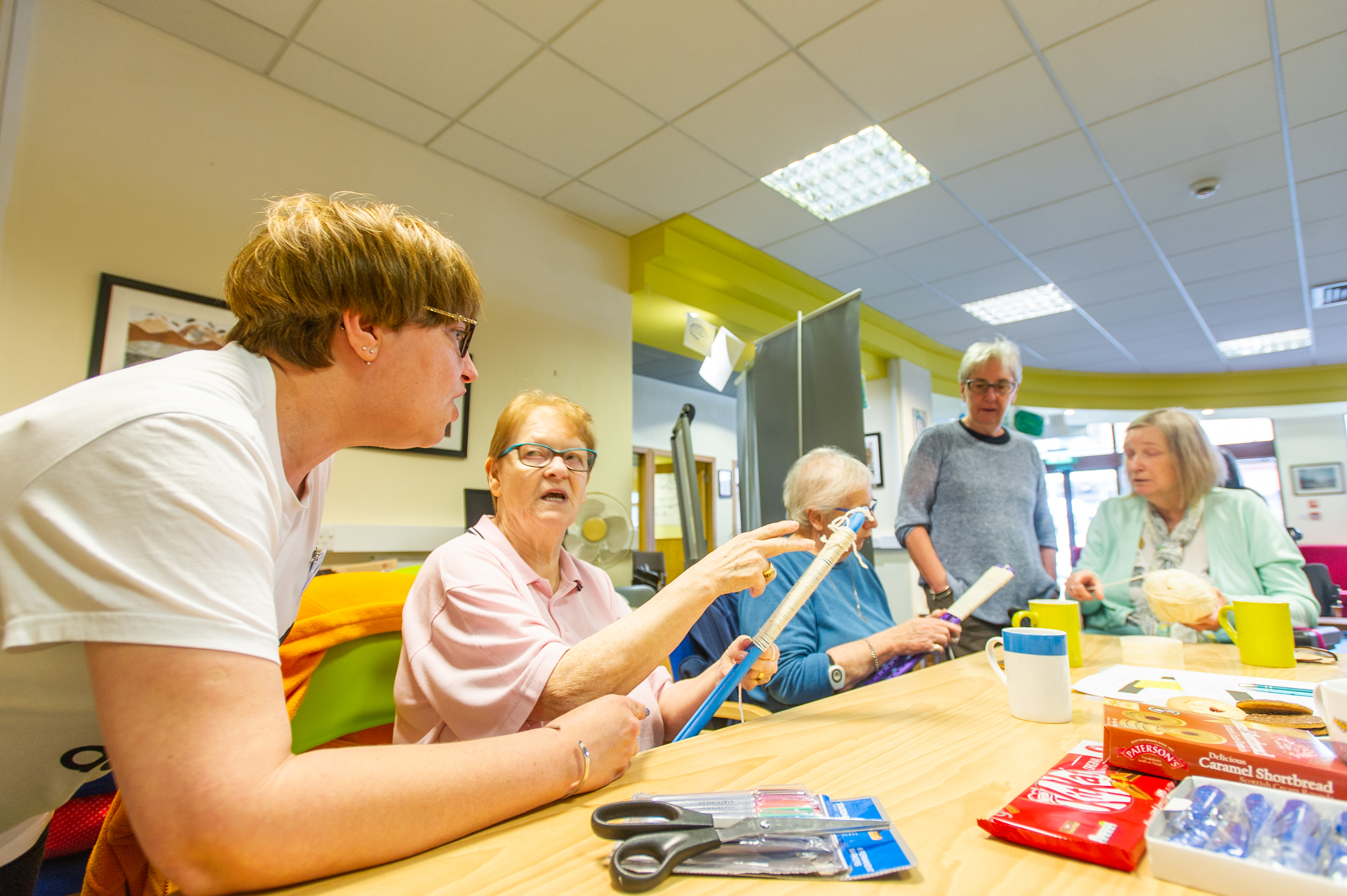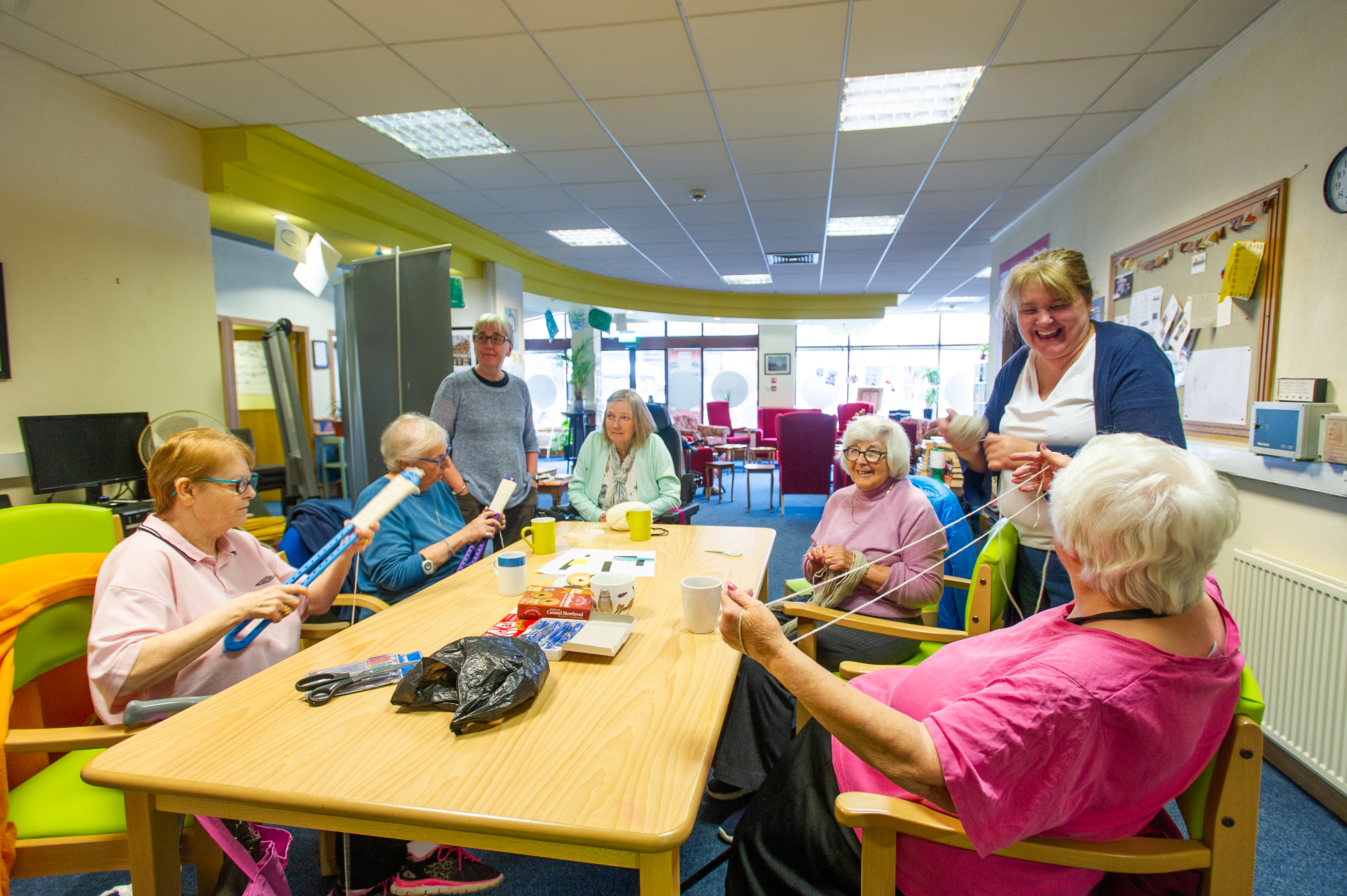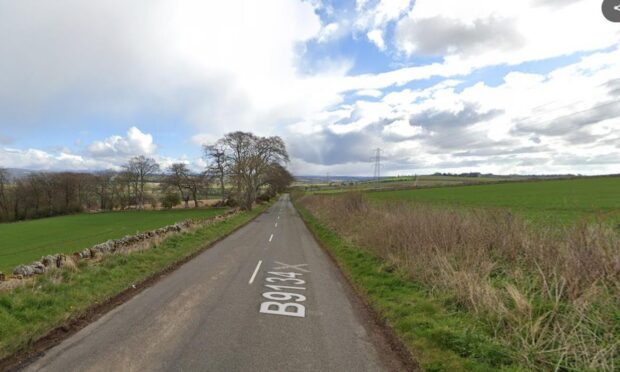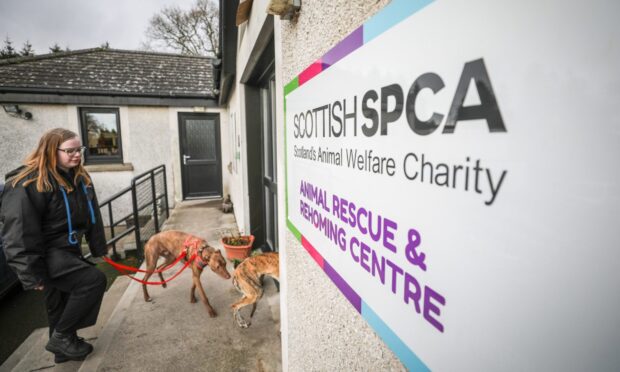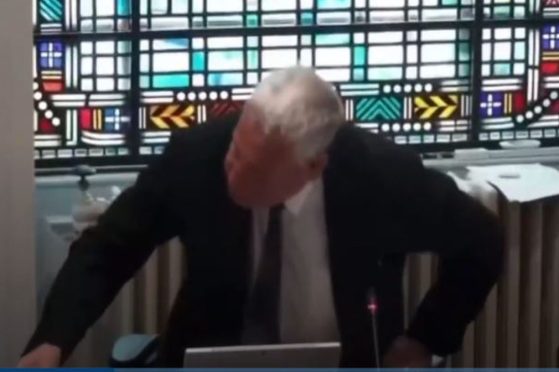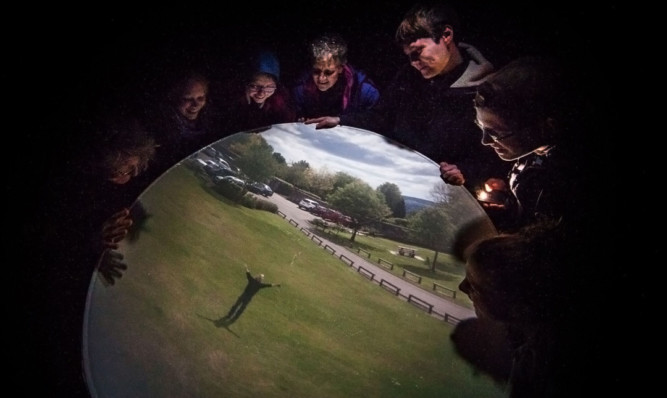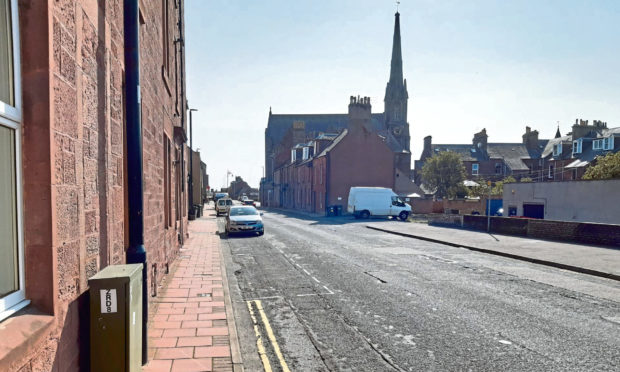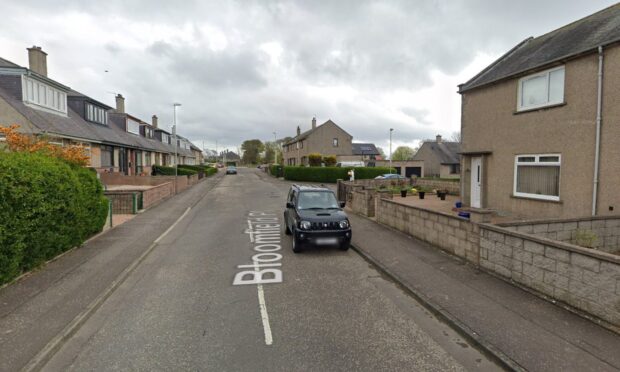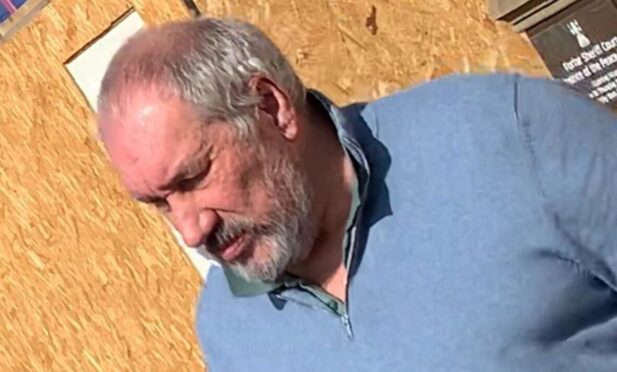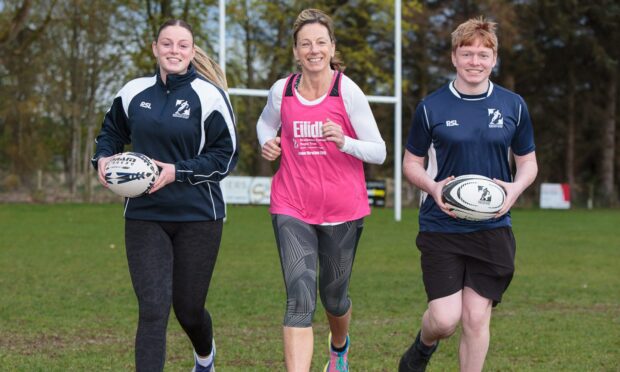Dementia support charity Kirrie Connections has launched a pioneering project bringing an international model to Scotland for the first time.
For the past year, the Angus charity has been working with the University of Worcester to develop a Dutch initiative called the Meeting Centre, based around research on what helps people adjust to living with the symptoms and changes dementia brings.
At the heart of the meeting centre is a club where people can meet to talk to others and get help that focuses on what they need.
The concept has been shown to build resilience in coping with dementia and the aspiration of the Angus group is the Kirriemuir centre will be the first of a series to spring up across the country.
Kirrie Connections manager Graham Galloway said: “We are very excited to have launched the first meeting centre in Scotland.
“This model is well established in the Netherlands over the past 20 years and there are now more than 160 meeting centres across the country.
“We hope the success of Kirrie Connections will eventually see a similar level of support for people with dementia right across Scotland and we would love to see every town with its own meeting centre”.
Meeting centres are specifically for people directly affected by dementia, including the person with the condition and those who have an active caring role.
“The person who takes on a caring role is sometimes a spouse or partner, sometimes a grown-up child and sometimes a friend or other relative,” added Mr Galloway.
“The health and wellbeing of both the person living with dementia and the carer is seen as important. Both parties are making adjustments and coping with changing circumstances.
Dutch studies have shown that, compared to those using regular day care, after seven months of participation in the meeting centres, participants with dementia showed fewer behavioural and mood problems, increased activity, less unsocial and depressed behaviour, and a higher self-esteem.
Professor Dawn Brooker, director of the Association for Dementia Studies at Worcester University said: “Having Kirrie Connections bring the first meeting centre to Scotland is a great achievement.
“Our research across Europe has demonstrated the benefits to people with dementia and their families.
“Having a meeting centre that can benefit people in Kirriemuir is great but more than this it provides community groups across Scotland with a great example of what can be achieved,” added Professor Brooker.
The Kirrie Connections meeting centre is open Tuesday, Wednesday and Thursday weekly, details at www.kirrieconnections.com
